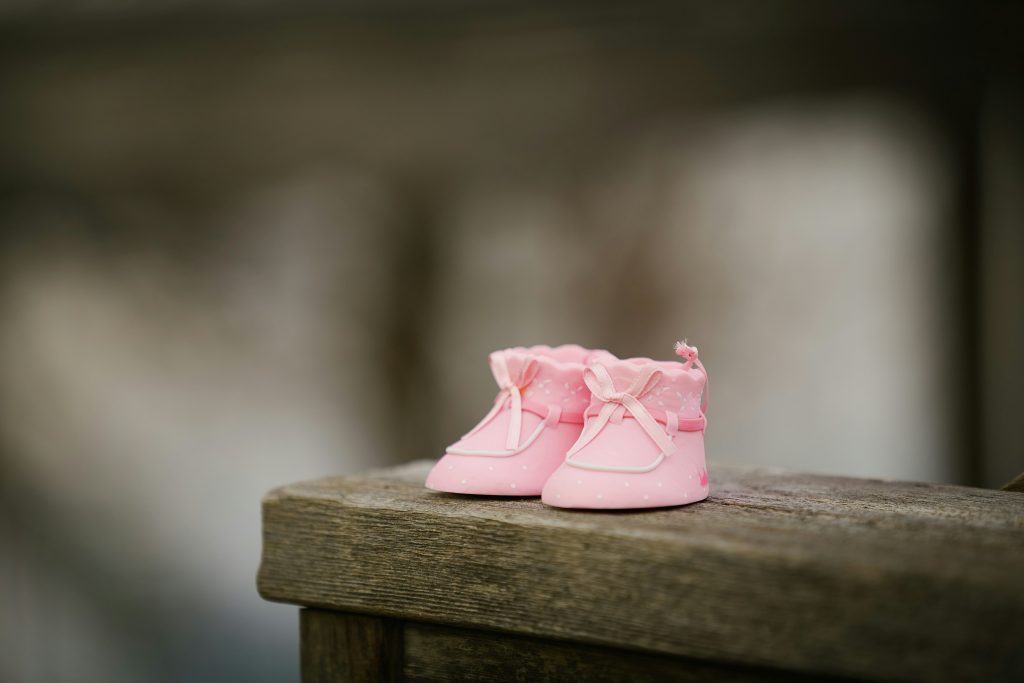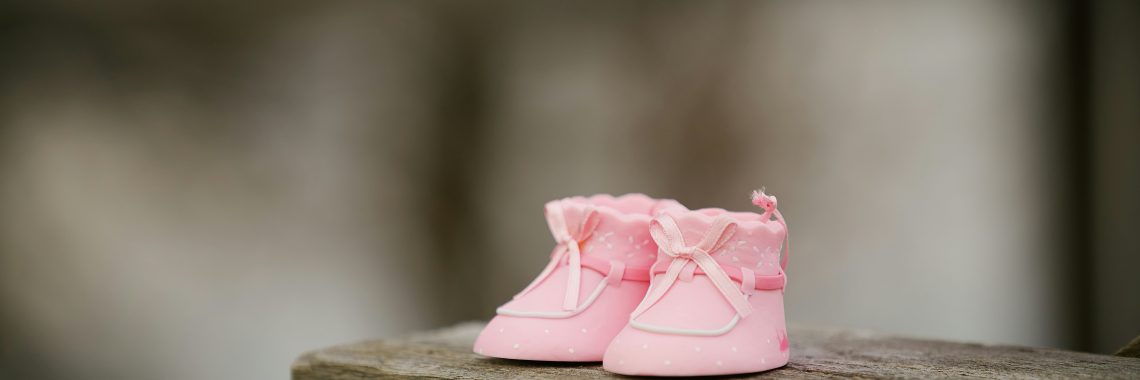Pregnancy Centers Provided Hundreds of Millions of Dollars in Goods and Services Last Year

A new report from our friends at the Charlotte Lozier Institute shows pro-life pregnancy resource centers provided hundreds of millions of dollars in goods and services to families last year.
Pregnancy resource centers provide material support to women facing unplanned pregnancies.
Many offer everything from pregnancy tests and ultrasounds to adoption referrals and parenting classes to maternity clothes, diapers, and formula — all typically free of charge.
The Charlotte Lozier Institute report looked at the work of 2,775 pregnancy centers nationwide. The report found these centers provided over $452 million in medical care, education services, material goods, and other types of support in 2024.
The report also found pregnancy resource centers served one million new clients last year. All of that is great news.
Since the 2022 Dobbs decision reversing Roe v. Wade, state legislatures around the country have begun appropriating funding for pregnancy help organizations, because they are so effective when it comes to helping women and families.
Texas, Tennessee, Louisiana, Oklahoma, Kansas, Ohio, and many other states provide millions of dollars in state funding for pregnancy resource centers.
Lawmakers in Arkansas have also voted to provide grant funding for pregnancy resource centers.
In April, Governor Sanders signed Act 1006 of 2025, by the legislature’s Joint Budget Committee, providing $2 million for grants to pregnancy help organizations — including pregnancy resource centers, maternity homes, adoption agencies, and other charities that provide material support to women with unplanned pregnancies.
The State of Arkansas has funded this grant program every year since 2022 to help promote alternatives to abortion.
In July, DFA received 39 applications for grant funding under the program. However, the department has not taken any action on the applications and reportedly does not have a timeline for awarding grants to the pregnancy help organizations.
Now that abortion is generally prohibited in Arkansas except to save the life of the mother, the state needs to make abortion unthinkable and unnecessary. As the Charlotte Lozier Institute’s report shows, supporting the work of pregnancy help organizations is one way we can do that.
Articles appearing on this website are written with the aid of Family Council’s researchers and writers.





